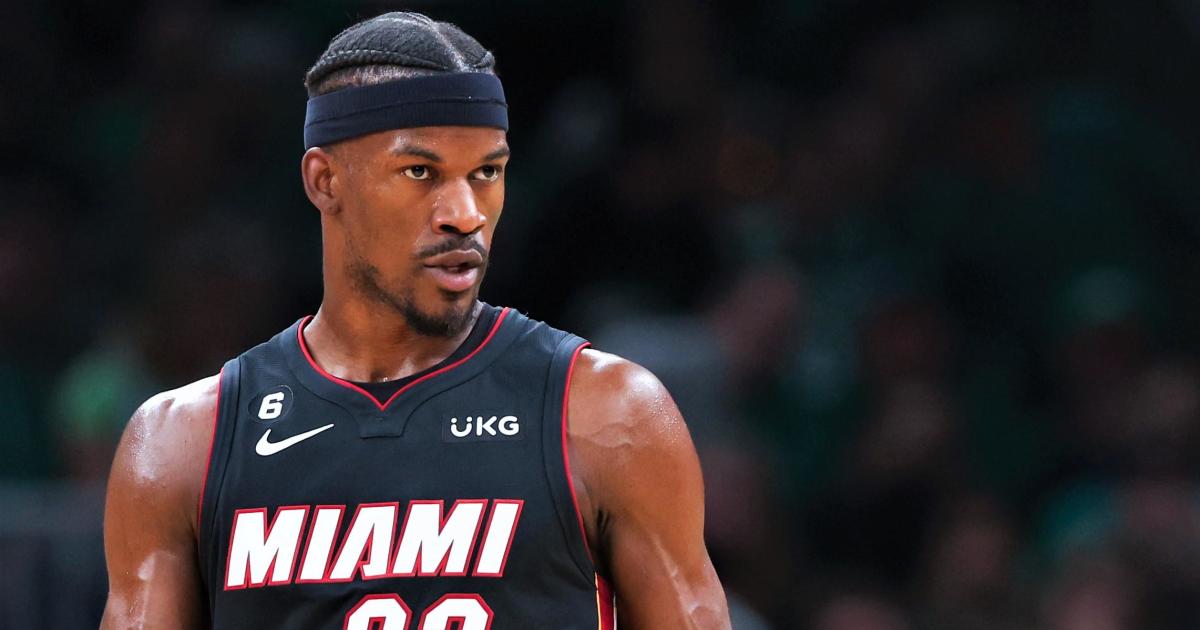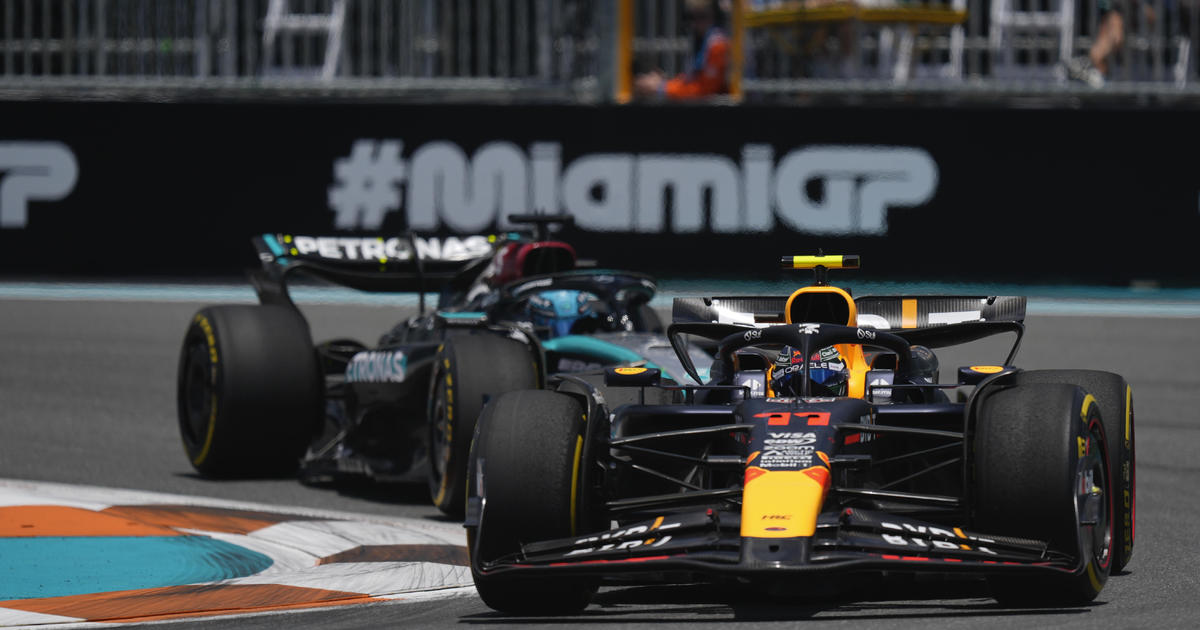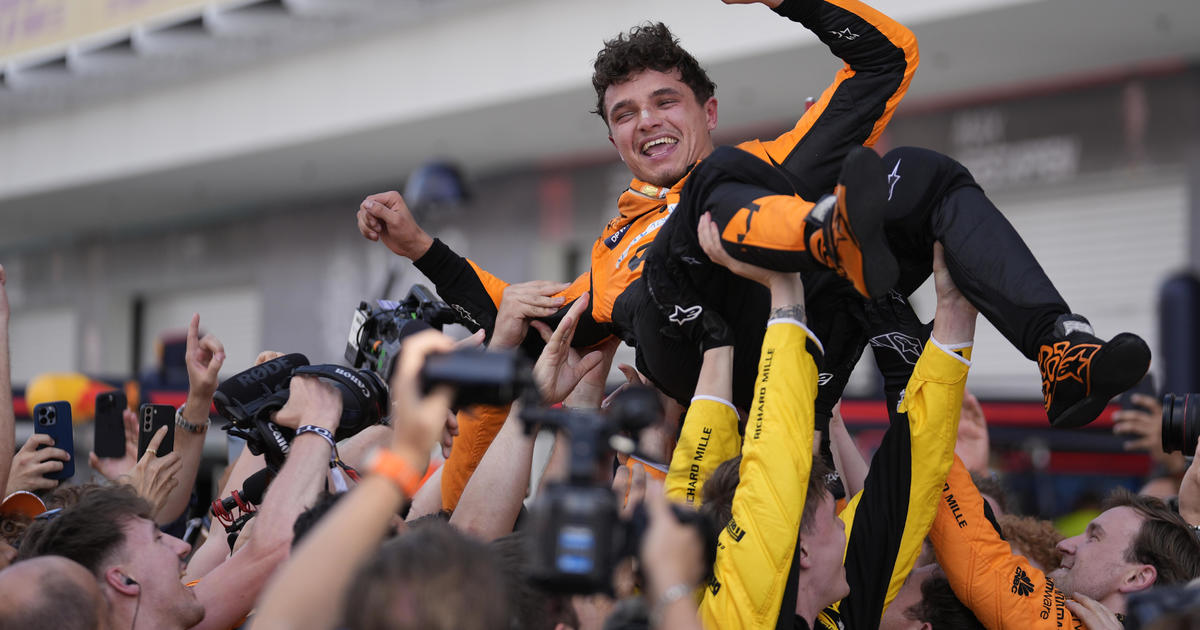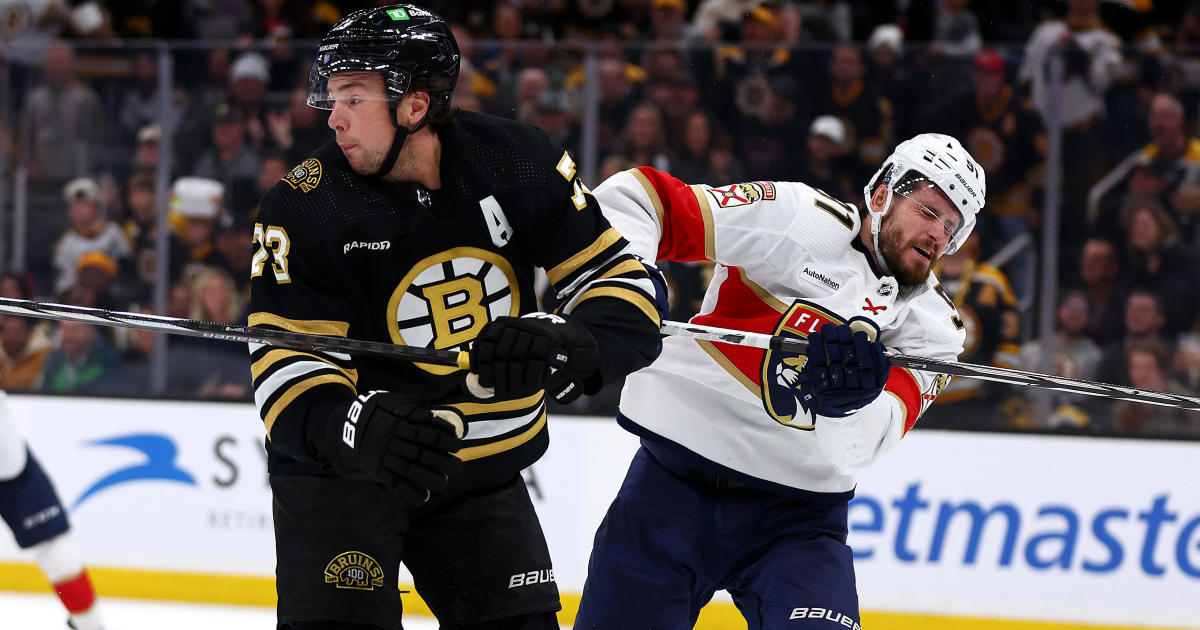Hassan Whiteside One Of Many D-League Success Stories
Follow CBSMIAMI.COM: Facebook | Twitter
SALT LAKE CITY (CBSMiami/AP) — Baseball and hockey aren't the only sports that ship players between the minors and 'the show' anymore.
Joel Bolomboy has been back and forth between the NBA Development League's Salt Lake City Stars and the Utah Jazz 15 times since November.
In the old system, the second-round draft pick would have been racking up frequent flyer miles bouncing around the minor leagues and overseas, much like Hassan Whiteside and Danny Green did before him. But in a growing trend around the NBA, the Jazz moved their D-League team closer to home — from Boise, Idaho to Salt Lake City.
Front-office executives are seeing that the closer a D-League affiliate is to the NBA team and its staff, and more integrated into the organization, the better it can be used as a true minor league resource.
"Your average NBA team has a better understanding today than they did four years ago of the caliber and the quality of player that's in the D-League," said Donnie Nelson, Mavericks president of basketball operations. "And that's rising literally every year.
"It's like American Idol in a lot of respects. We have brought the stage to the buyer, rather than having to go overseas and chase down. And those of us that are quote, unquote, the real judges on the American Idol panel, we can see them firsthand."
The NBA Development League has grown from an eight-team, largely overlooked sideshow to a 22-team league inching closer to becoming a legitimate minor league system. The league, in its 16th season, is no longer a final grasp for players clinging to a dream of playing professional basketball but a respected avenue to get to the NBA.
A record 22 teams have direct affiliations with an NBA team this season, including five new ones. The Bucks, Grizzlies and Magic have purchased teams slated to join for the 2017-18 season, when it will be known as the Gatorade League.
NBA teams have learned to better use the system. A record 38 percent of all players in the NBA had spent some time in the D-League at the end of the 2015-16 season.
Nelson believes it's the "fastest, most effective" path to the NBA.
The perception of the league has changed among players, who once tried to avoid it at all costs.
Whiteside is one of the biggest D-League success stories. But before becoming the center for the Miami Heat, his travels took him to Reno, Sioux Falls, Rio Grande, stints in the Lebanese Basketball and Chinese National Basketball leagues and back to the D-League with Iowa. He signed with the Heat in 2014, and in 2016 signed a four-year, $98.4 million contract.
"The D-League's tough," Whiteside said. "If being in the D-League doesn't motivate you, nothing will. It was a really tough to play. ... It gives guys a chance to stay in America and let scouts see them.
"I had a dream and I was just so undeterred. They would have had to move mountains to get me off of my dream. It was going to happen regardless."
Whiteside is one of many D-League success stories.
After being undrafted, Yogi Ferrell landed in the D-League and got a 10-day contract with the Mavericks before signing a multiyear deal in early February.
Green played for Erie, Reno and Austin before being a starter on the Spurs' 2013-14 Spurs championship team.
Rudy Gobert spent significant time in the D-League as a rookie and signed a four-year, $102 million deal with the Jazz in October.
"Reps, particularly with point guards, are huge," Jazz coach Quin Snyder said. "You can't make up for repetitions. Even in an NBA game, there's a difference between fitting in and playing a role and having an opportunity to get reps and make mistakes.
"I hope our guys get a chance to do that and make a lot of mistakes and get better (with the Stars) and don't make them here."
Compensation, however, continues to be an issue for the league. The NBA took a step toward addressing the concerns in the latest collective bargaining agreement. Players typically can make more money overseas, but the league created a "two-way contract" that allows a team to hold onto a developing young player with a contract that includes a considerable salary increase. The rule increases the NBA roster from 15 to 17, with those final two spots for players going back and forth between the two leagues.
D-League President Malcolm Turner believes the two-way contract can keep more talent from going overseas and expects the new sponsorship with Gatorade to provide additional training and nutrition benefits for players through the company's Sports Science Institute.
The ultimate goal is that each of the 30 NBA teams will own its own affiliate and use those squads as a true minor league farm system.
"I think it's deeper, I think there's more respect on all levels from organizations," Miami Heat coach Erik Spoelstra said of the D-League. "Players now respect it more, they see that they have a real opportunity if they're in the right place to develop and get a call-up.
"They went to Europe or China before. But each organization is different. We know for us, it is a major component of player development."
It's fast becoming a major component for every NBA team.
(TM and © Copyright 2017 CBS Radio Inc. and its relevant subsidiaries. CBS RADIO and EYE Logo TM and Copyright 2017 CBS Broadcasting Inc. Used under license. All Rights Reserved. This material may not be published, broadcast, rewritten, or redistributed. The Associated Press contributed to this report.)



